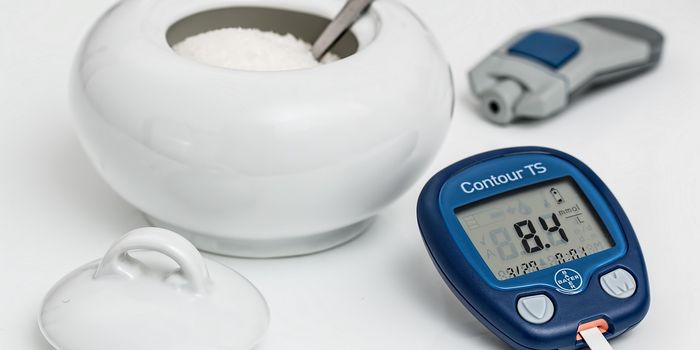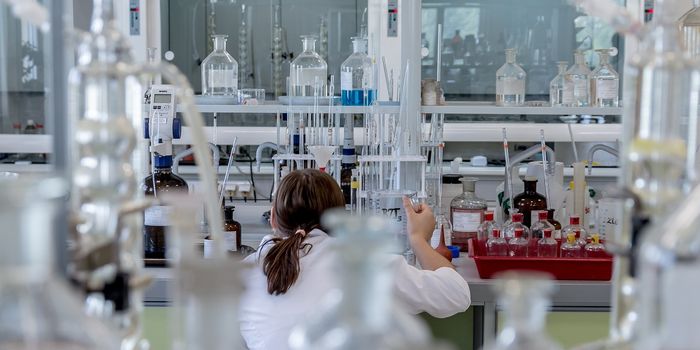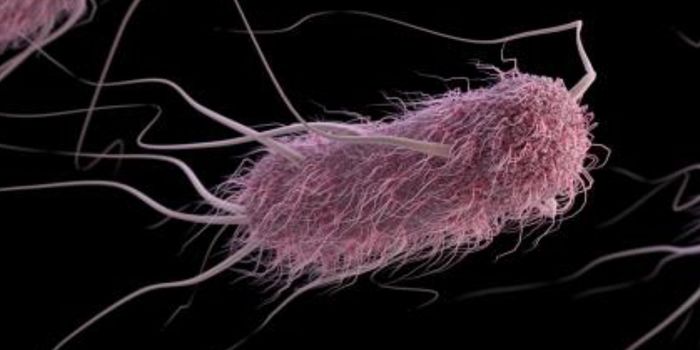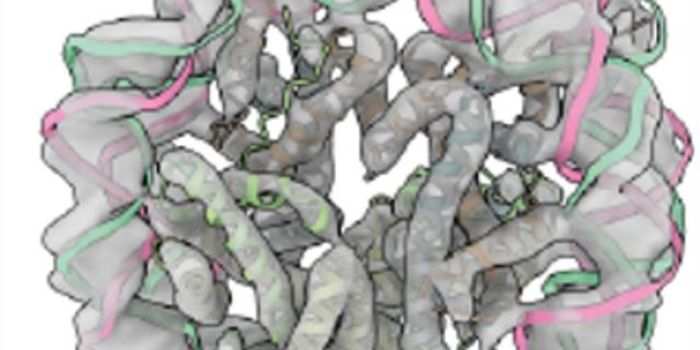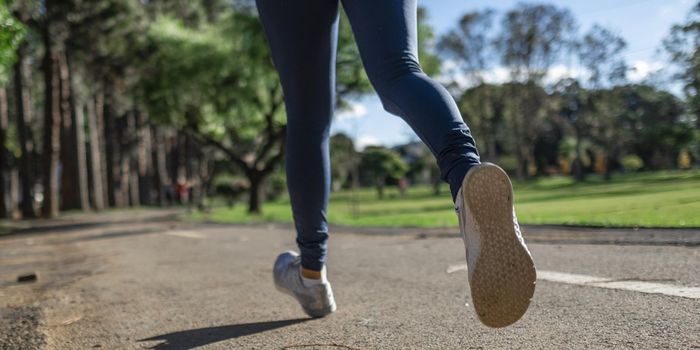Wounds Sustained at Night Heal More Slowly
New research has shown that our internal clock impacts how cuts and burns heal; if an injury is sustained in the daytime, it heals about 60 percent faster than if it happened at night. The work, led by investigators at the Medical Research Council (MRC) Laboratory of Molecular Biology in Cambridge, UK, is the first that demonstrates that circadian rhythms regulate cellular wound repair. Reported in Science Translational Medicine, it shows that injuries are fixed best during the day.
"This is the first time that the circadian clock within individual skin cells has been shown to determine how effectively they respond to injuries. We consistently see about a 2-fold difference in wound healing speed between the body clock's day and night. It may be that our bodies have evolved to heal fastest during the day when injuries are more likely to occur,” suggested senior author Dr. John O'Neill.
Our bodies have their own clock, the circadian rhythm, which impacts many processes in different cell types. This work focused on skin cells called fibroblasts and keratinocytes and a mouse model. Daytime wound repair was about twice as effective when compared to injuries suffered at night.
When the researchers also looked at the records of 118 burn victims, they found the same effect. They found that burns sustained at night took around 60 percent longer to heal compared to burns that occurred between eight P.M. and eight A.M. The main reason why, found the scientists, was because skin cells migrated to the wound site and began repairs much faster during the body’s daytime.
"For people who had burns, we found quite a big difference in wound healing speed, which agreed perfectly with the predictions we made based on our findings in the lab that wounds heal faster during the active phase (daytime in humans, nighttime in mice),” said O’Neill. “In both cells and mice, we can reset the tissue healing response by tricking the cells into thinking it's a different time of day - such as by turning the lights on at night and off at different times of day for the mice, or using body clock-altering drugs on cells in the lab. It may be that healing time could be improved by resetting the cells' clocks prior to surgery, perhaps by applying drugs that can reset the biological clock to the time of best healing in the operation site."
Actin, a filamentous protein that acts as a cellular scaffold and in movement, was more active during the day. Collagen, a major structural protein in skin, was also found at higher levels in daytime wounds, persisting for up to two weeks after the injury. Because this effect was seen in cells grown in culture, the researchers believe the internal circadian rhythm of the cell is driving this process.
"We've shown that the daily cycles in our body clock control how well cells can repair damaged tissue by affecting an essential protein called actin. Efficient repair of our skin is critical to preventing infection, and when healing goes wrong wounds can become chronic or excessive scarring can occur. Further research into the link between body clocks and wound healing may help us to develop drugs that prevent defective wound healing or even help us to improve surgery outcomes,” said lead author Dr. Ned Hoyle.
"Treatment of wounds costs the NHS around £5 billion a year, which is partly due to a lack of effective therapies targeting wound closure. This research, for the first time, shows how circadian factors are important for wound healing,” commented co-author Dr. John Blaikley of the University of Manchester. “By taking these into account, not only could novel drug targets be identified, but also the effectiveness of established therapies might be increased through changing what time of day they are given."
The authors noted that additional work will be necessary to understand the effects people, especially whether it would be beneficial to modify surgical protocols.
Sources: AAAS/Eurkealert! Via MRC, Science Translational Medicine


